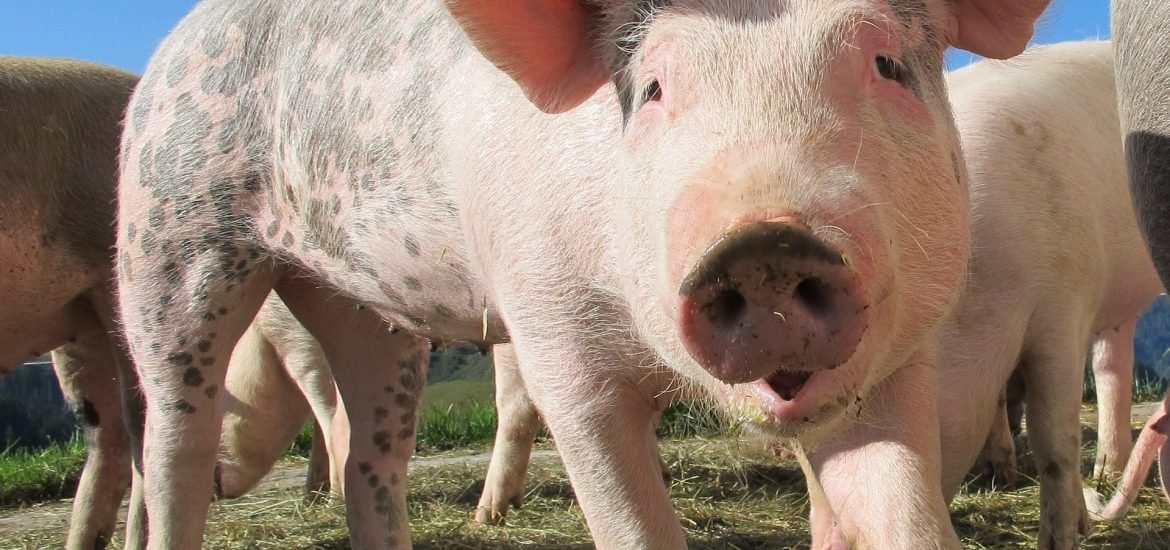
Scientists from the University of Edinburgh are working with gene-editing techniques that hold both power and promise in the fight to cure a slew of diseases and infections that have plagued farm animals for decades.
In an interview published today in The Guardian, Professor Eleanor Riley spoke to science correspondent Hannah Devlin about gene-editing research that may soon allow for livestock breeders to target specific diseases at the level of the gene in a variety of farm animals, from pigs to chickens to fish.
This research is being conducted by members of the Roslin Institute at the University of Edinburgh, and has the potential to save farmers millions, and protect public health.
Riley, the director for the Roslin Institute, reports on a number of research endeavours underway at Edinburgh that aim to validate genetic engineering as a viable solution to livestock disease.
Where pigs are concerned, scientists at Roslin in collaboration with the Genus Pig Improvement Company have reportedly produced results that suggest pigs can be made “completely immune” to one of the world’s most economically significant pig diseases, Porcine Reproductive Respiratory Syndrome (PRRS). Scientists have discovered the specific gene in pigs that controls for the expression of a cell receptor through which the PRRS virus enters a pig’s system. Editing out just a small part of this gene would remove this entry point for the virus. Rendering pigs impervious to PRRS virus through gene editing could save farmers in the swine industry €120 million per year, according to The Guardian.
Gene editing might also be the cure for bird flu. Chickens are particularly susceptible to the avian flu, while ducks and crows appear not to be affected as greatly. By comparing the genes of these birds, another gene has been identified at Roslin that may allow for editing in order to engineer better resistance to bird flu in chickens.
Atlantic salmon have also been the subject of research at Roslin, where scientists are looking for ways to eradicate amoebic grill disease in these fish.
Genetic research at the Roslin Institute also extends to issues of human health, where identifying the genes underlying resistance to campylobacter in poultry might help reduce the 280,000 instances of food poisoning estimated to occur yearly in the UK as a result of exposure to this bacteria.
These promising developments come in the wake of increasing advancements in gene-editing technology. Gene-editing techniques have become “precise enough to modify a single letter of DNA”, according to a report released early this year in Nature Communications.
The prospect of gene editing, where either food or disease is concerned, hasn’t been too popular among the general public, but Professor Riley of the Roslin Institute feels that “public opinion is slowly coming around to the idea.”
In fact, a report out yesterday from The Genetic Literacy Project says that over 70% of people in the UK approve of the idea of gene editing to treat human disease.
Where livestock comes into the picture, the public will have more time to warm up to the idea of gene editing. It would take several years to approve widespread use of gene-editing techniques to treat livestock disease, and multiple generations of breeding for such gene edits to become widespread in pedigree animals. Nevertheless, Professor Riley says that “the health and welfare benefits of this could be enormous.”
Results of the research trials done on pigs at the Roslin Institute are set to be published in the near future.